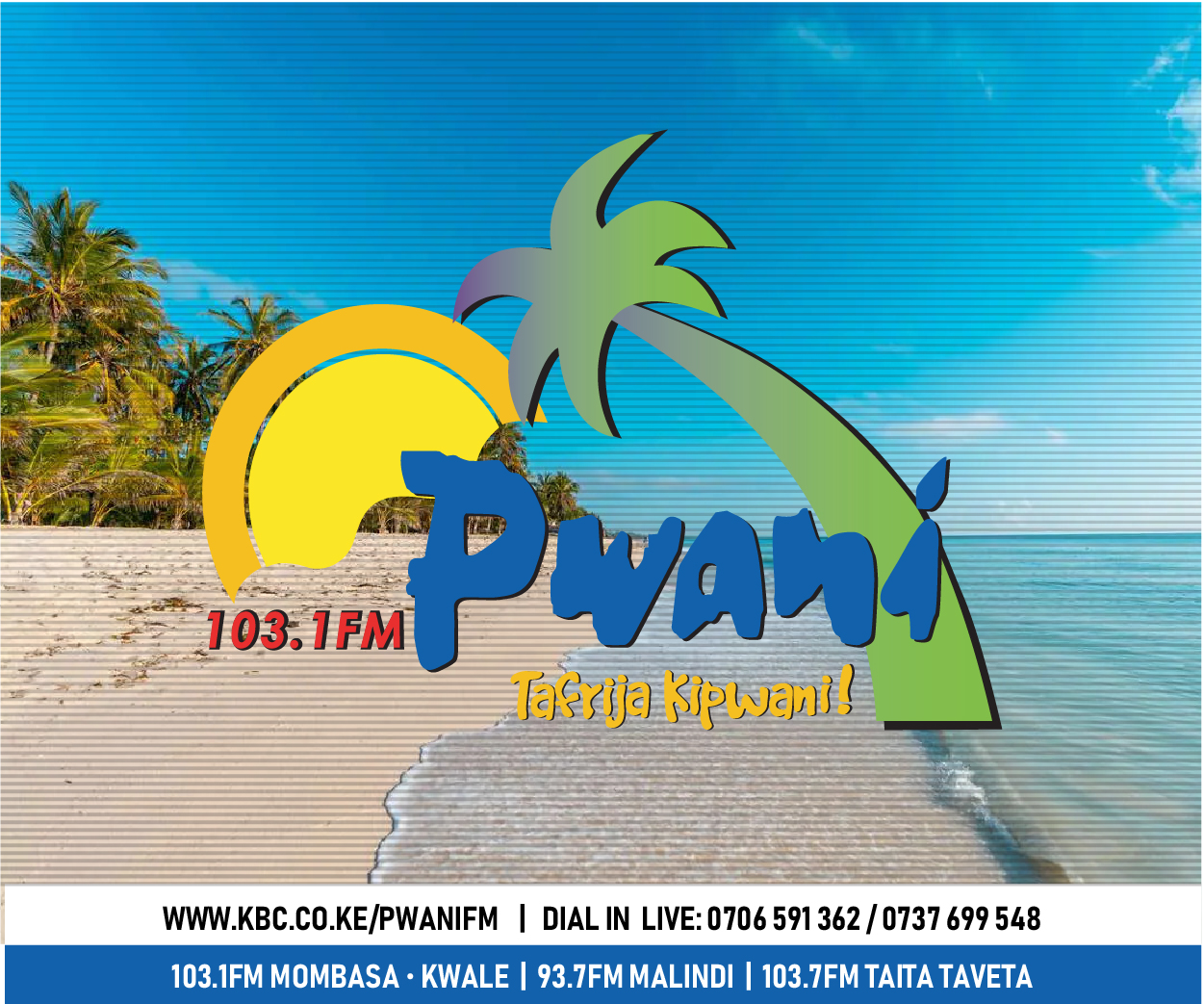The Ministry of Education through the Kenya National Qualifications Authority (KNQA) will on Wednesday embark on validation of key legal instruments in the history of lifelong learning in Kenya.
The three -day validation workshop will be presided over by Education Cabinet Secretary MrEzekiel Machogu in Naivasha
The key legal instruments being validated include Recognition of Prior Learning (RPL) Policy Framework in Kenya (Revised); guidelines for the implementation of RPL in Kenya; and Differentiated Unit Cost (DUC) of Assessing PriorLearning.
The validation exercise will lead to the establishment of a vibrant RPL system in Kenya capable of contributing meaningfully to social economic development of the people of Kenya and align to the National Economic Agenda – the Bottom-upEconomic Transformation Agenda (BETA).
The experts are drawn from Ministry of Education, Kenya National Qualifications Authority(KNQA), National Industrial Training Institute (NITA), Technical VocationalEducation Training Authority (TVETA), International Labour organization and the Council of Governors among others.
The review is to align the policy to the new National Economic Agenda – the Bottom-upEconomic Transformation Agenda (BETA).
According to KNQA acting Director General Dr Alice Kande, the move to review the policy is to align it with global and national agendas.
“We undertook the task of realigning our policy framework. We understood that our policies should not exist in isolation but should seamlessly integrate with the broader vision of our government, aligning with the National Economic Agenda and the Bottom-Up Transformation Agenda—a vision that champions inclusivity, empowerment, and the enhancement of our nation’s human capital.,” said Dr Kande.
She said the validation of the revised draft of RPLPolicy Framework is not just a symbolic achievement, it is a testament to Kenya’s commitment to excellence and its unwavering dedication to the betterment of our society.
“This revised framework is not merely a document; it is a promise—a promise to our citizens that their skills and experiences matter, and that education is a lifelong journey that respects their unique pathways. It is a promise to our nation that we are aligning ourselves with the winds of change, embracing innovation, and fostering an environment where every citizen can thrive,” said Dr Kande
The Presidential Working Party on Education Reform (PWPER), which released its report in August recommended the implementation of Recognition of Prior Learning (RPL) policy and Credit Accumulation and Transfer Systems (CATS) in Kenya.
In a report presented to President William Ruto, the Prof Raphael Munavu team also proposed more awareness creation on Recognition of Prior Learning and Credit Accumulation and Transfer Systems.
“We recommend the development of a framework for linkages among TVETs to remove duplications and create centres of excellence based on niche,” reads the report that the President has directed its immediate implementation.
RPL has been adopted as a redress mechanism for the past inequalities, facilitating improved employability, mobility, progression and access within education, training and development career paths.
Internationally RPL is used as a tool for lifelong learning through provision of access to higher education, Award credit towards a qualification, Admissions into formal institutions of Learning, advanced standing and credit accumulation and transfer, RPL for credit transfer or harmonization (national and foreign credits), RPL for recognition of experiential learning, RPL for upgrading of skills or qualifications and regulatory requirements of some sectors in terms of employing qualified persons.
The KNQF ActSection 8(1)(k) mandates the authority to promote lifelong learning and recognise the acquisition of skills obtained through different methods; formally, non informally and informally.

